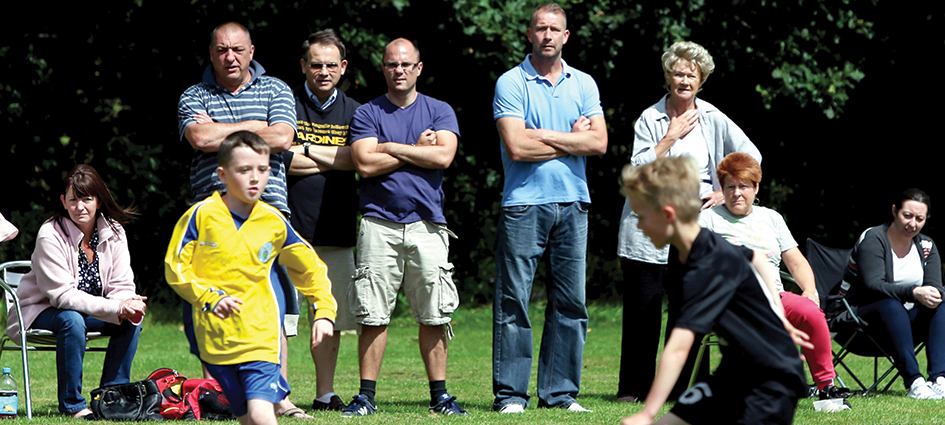
How to work with parents
- Mark Haining
- 16 May 2019
Mark Haining, FA regional coach development manager, highlights the importance of including parents in the planning process for games and training.
A key part of the development of young players is the support network around them, in particular their parents or the significant others responsible for their upbringing.
The subject of parents often generates a lively debate amongst coaches in most settings. However, by focusing on the positive impact of including parents when planning for a session or matchday, coaches may tap into a source of support they might have missed.
In today’s society parents are more involved in their child’s schooling than ever before. Teachers planning for a parents evening will tell you that maintaining open lines of communication with parents is essential, allowing support to be provided both in school and at home. At professional clubs, young players are reviewed at regular stages throughout the season. Depending on the age-group, meetings with players and parents can take place as often as every six weeks, therefore planning for these support opportunities is vital.
The impact of players explaining how a session will work to their parents is very powerful
FA coaching courses provide great detail for effective planning and the England DNA highlights the need to spend equal time not just coaching, but also planning and reviewing. Although it’s acknowledged that time for planning is often at a premium, this is an approach that isn’t exclusive to the national teams or the professional game. There are plenty of opportunities for the same concept to be embraced in the grassroots game.
Plan objectives for players based on their individual strengths and areas for development. At grassroots, you may only see your players for one hour a week and then the game at the weekend. Therefore your support to each player has to be very carefully planned. Asking players to think about setting their own objectives in advance of a training session or a game is a good planning strategy. Open lines of communication between parent, player and coach should allow for the objectives to be submitted to the coach prior to a session. Encouraging players to plan their objectives ahead of the session and share them with their parents will allow parents to observe the session with a greater focus.

Prior to a session or match, plan to communicate with the parents. This can be done by the coach or the players and should outline what success might look like for the event. Following this process will ensure you plan in detail to ensure you’re clear in your communication with the parents.
The impact of players explaining how a session will work to their parents is very powerful; it’s something I’ve seen done in a number of settings with players as young as eight. It’s fascinating to see how parents react to the young players briefing them about the learning objectives. When the children speak the parents are usually more engrossed than when listening to the coach and may also see the children demonstrate social skills that they might not have seen otherwise. This approach demonstrates a high trust in the players on the part of the coach and a willingness to share developmental responsibility with the parents.
Planning a review of the session with the parents is another important part of the cycle. Setting homework for players is more likely to be supported by the parents as they will have been included in the whole process.
This article was first published in The Boot Room magazine in August 2015.


